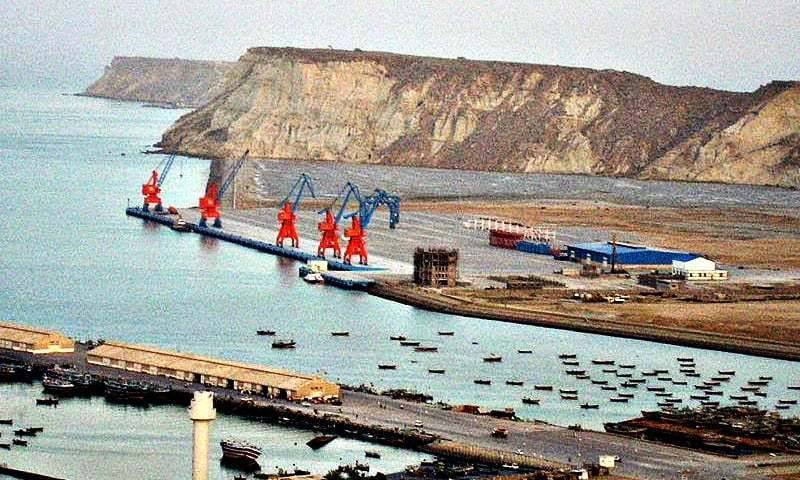The Indian media has played up the fear of a few Pakistani lawmakers about India jumping on to the CPEC bandwagon and then taking the reins. However, there is not too much to worry about if the facts are taken into consideration. While it is true that the CPEC would serve to benefit all neighbouring countries, since the corridor is geographically within Pakistani territory, this can only happen if they are on good terms with Pakistan. In any case, if there was a risk that China would use the corridor to boost trade with India, the realisation comes two years too late.
However, looking at Chinese designs in the region, Pakistan benefits the most from the CPEC. All trade has to pass through Pakistan, and the country can close its gates anytime it feels that it must do so to protect its own national interest. Pakistan holds the key to this regional development, and China’s alliance with Pakistan and Pakistan’s territorial sovereignty over CPEC ensures that India will have to come to the negotiating table if it wants to reap the benefits of a trade corridor as beneficial as the silk road was of old, and that is not a bad thing. A peace negotiated on economic benefits is much more realistic than one negotiated on promises of trust and respect for sovereignty and freedom.
China cannot unilaterally use Pakistan’s roads and networks, and nor will it need to, considering both countries have a mutually beneficial partnership. China has often sided with Pakistan while mediating in the Pak-India conflict – blocking the NSG bid and threatening to use its upper riparian status to block India’s Brahamputra river is evidence of this – and it is not likely to change this policy now that Pakistan has the potential to give back to China in terms of access to the Indian Ocean and inflow of export revenues.
Pakistan actually gains leverage over its regional rival through the construction of CPEC. Iran has expressed interest in the CPEC and Sri Lanka will also be intrigued once trade starts flowing regularly. That leaves out Afghanistan and India, the former only siding with the latter because of India’s investment in the war-torn nation. Economic interest can be used to improve ties with Afghanistan, and decrease India’s connection to our western neighbour.
And as far as India is concerned, it is welcome too, to share in regional development, but it cannot do so with the hostile attitude it has currently. India’s grand delusions of being a regional superpower will have to be kept aside in its dealings with Pakistan if it wants to increase regional trade using CPEC. India’s reaction to CPEC’s construction says it all – policymakers across the border are concerned that they have no share in a pie that promises to feed the entire region. And this, Pakistan can use to its advantage. CPEC’s importance in matters of foreign policy cannot be denied, and India may just be forced to the negotiating table for discussion of longstanding issues – but only if Pakistan plays its cards right.






